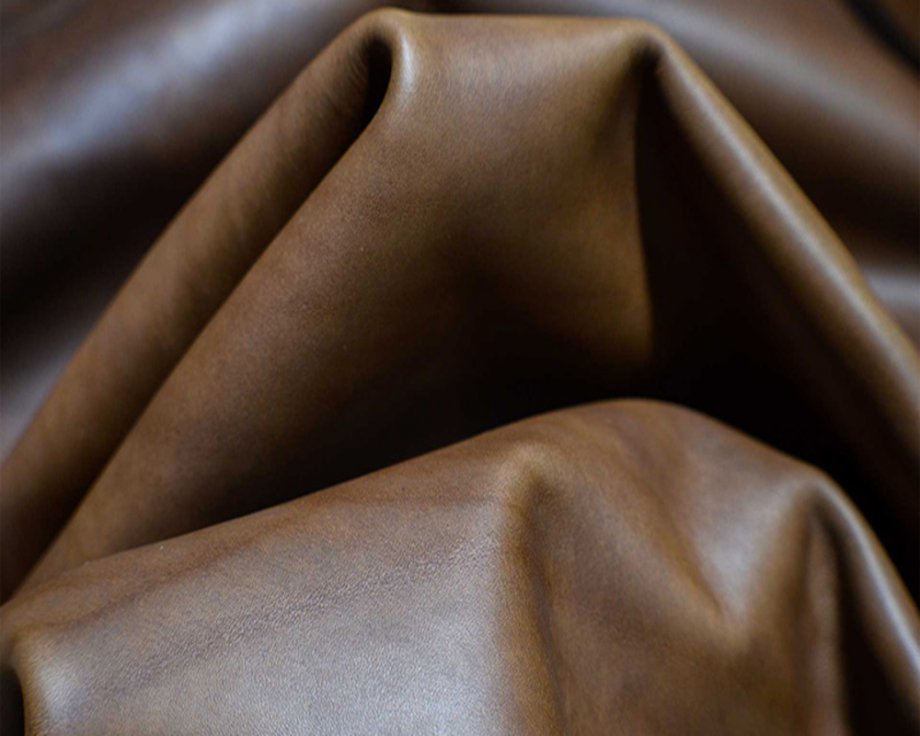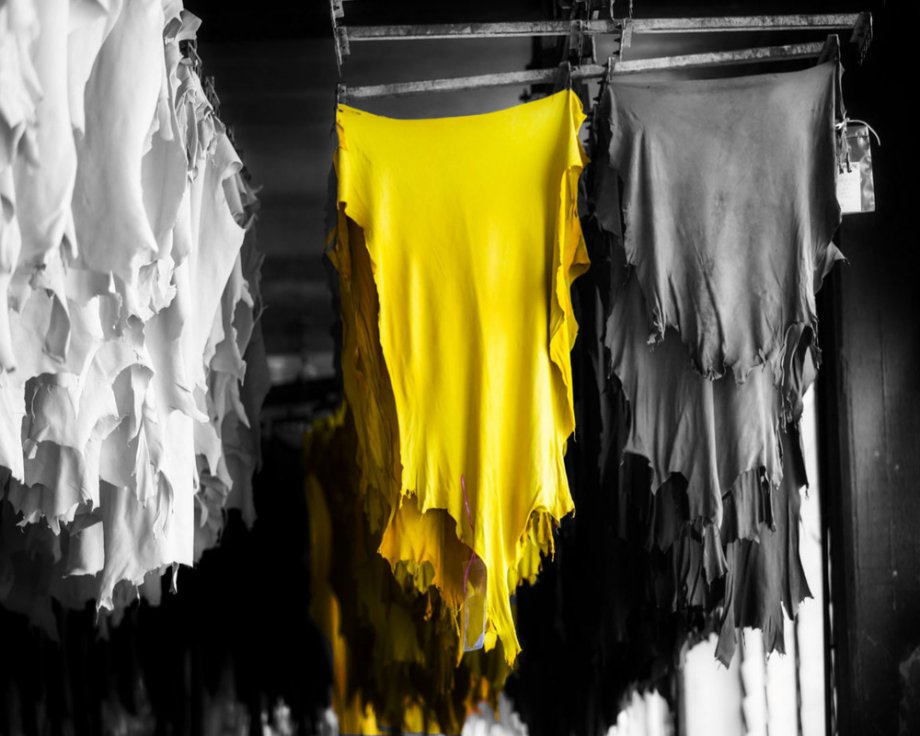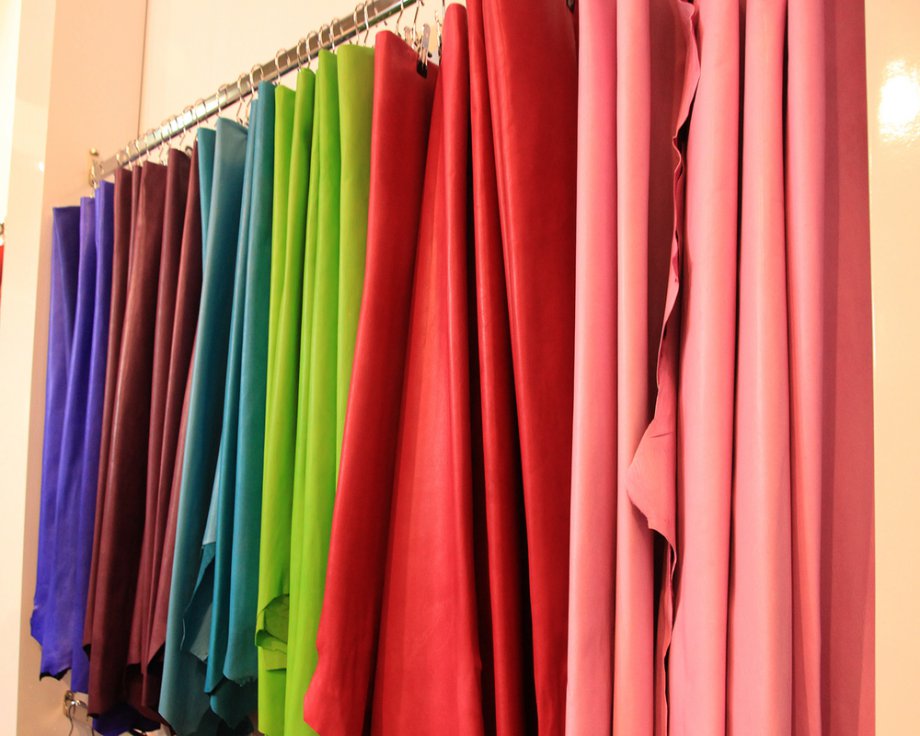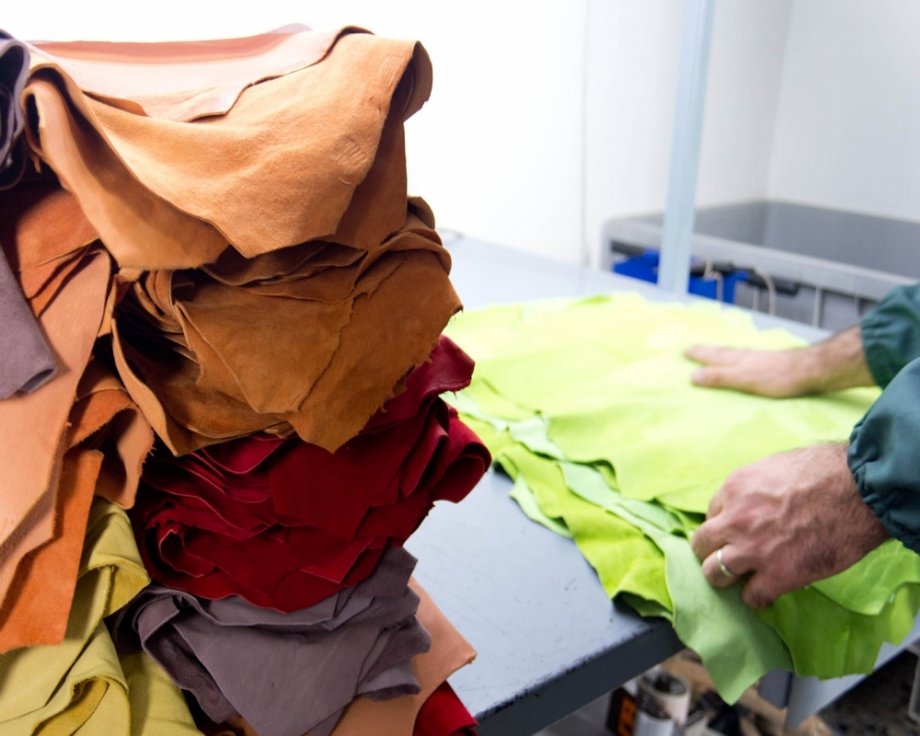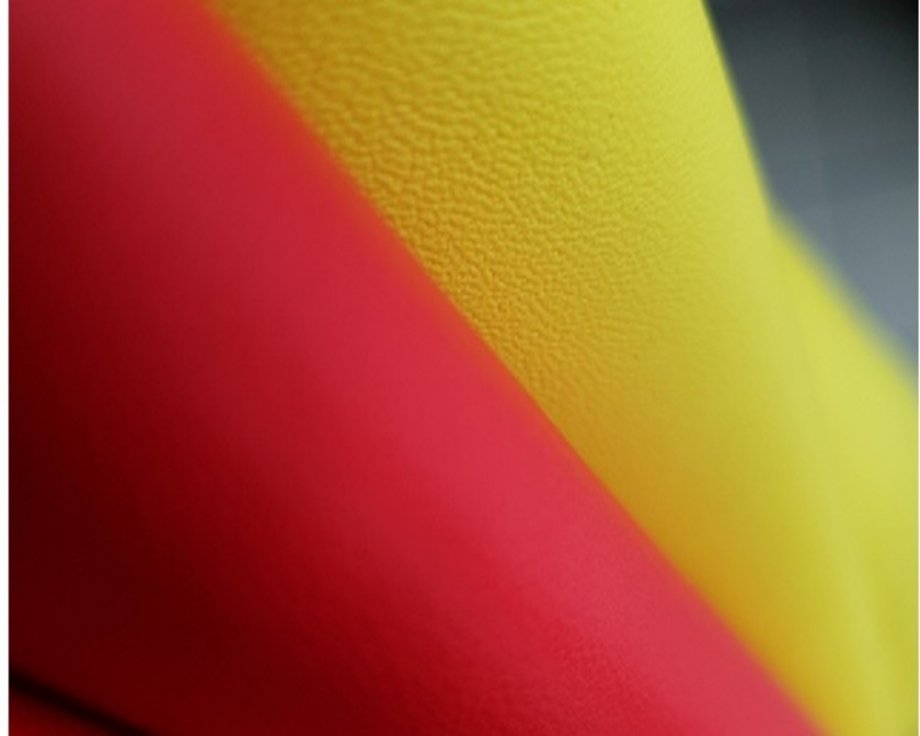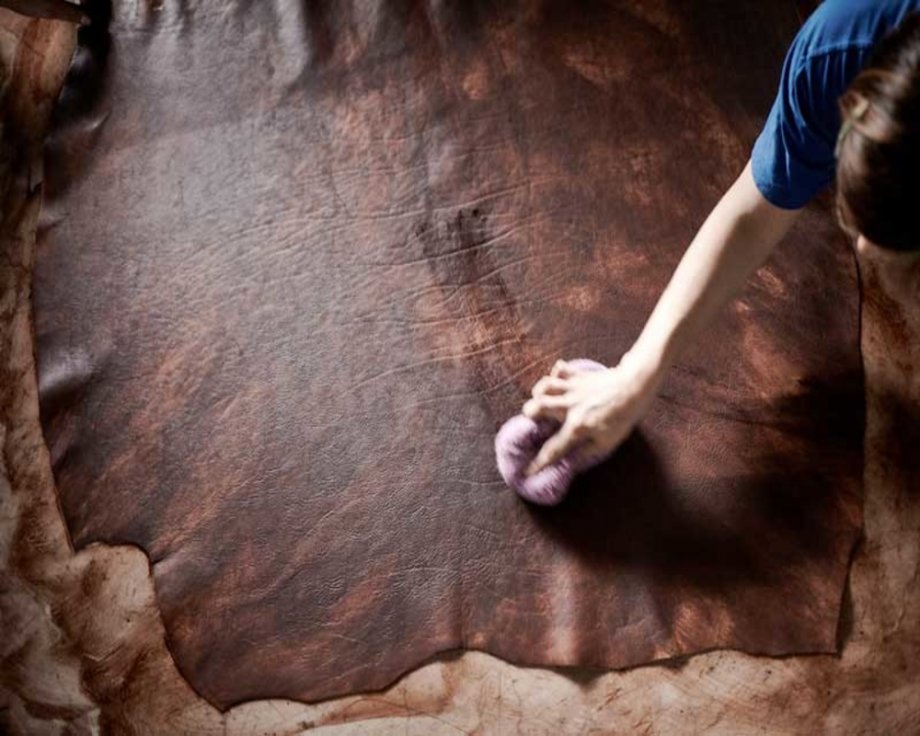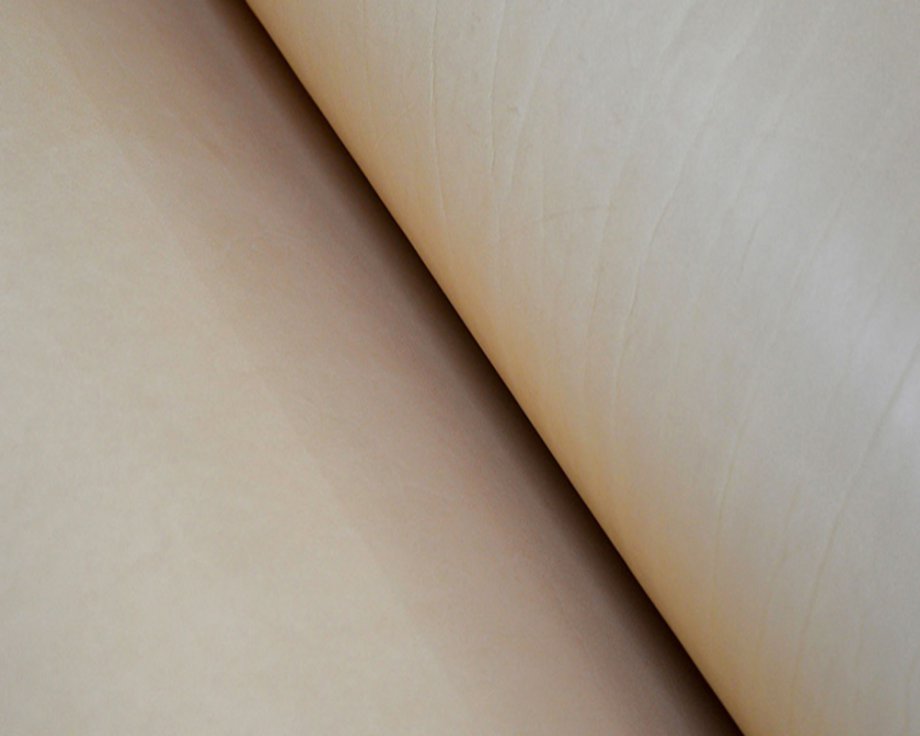What is Difference Between Faux Leather, Genuine Leather and Vegan Leather?
Difference Between Faux cowhide and Genuine (Real) Leather
Genuine Leather
Authentic calfskin (or genuine cowhide) has the attributes for which the best overall brands decide to utilize it, as opposed to utilizing different sorts of materials. This idea additionally applies to most regular items, since authentic cowhide offers special and dependable characteristics. The fundamental idiosyncrasies that make the genuine calfskin stand apart from different materials are:
- High opposition, genuine cowhide has a more noteworthy obstruction than different materials that will in general destroy over the long run.
- Breathability, genuine cowhide, in contrast to elastic or plastic, is breathable and allows air to pass like texture, so it is more agreeable in its utilization or to be worn.
- Water repellent, on account of certain cycles the cowhide can be water safe, while staying breathable.
- It doesn't age, this is on the grounds that the additional time passes, the more the genuine skin gains exceptional and incomparable attributes.
- Warm protecting, authentic cowhide segregates more from both cold and warmth than different kinds of material.
- Sterile
- It is a reused material, it isn't accurate that creatures are slaughtered for their skin: sheep, pigs and steers are reproduced for food needs, not utilizing the skin would mean making their penance vain.
- Wonderful, genuine calfskin has an unexpected appeal in comparison to objects made with comparative materials.
- Biological or Bio, genuine calfskin can be so characterized, particularly on account of vegetable tanned cowhide, since substances are utilized that are not unsafe to people and the climate that have a low natural effect near nothing.
Faux Leather
Faux leather, on the other hand, has no element of animal origin, but it is an industrial product, made entirely of plastic materials (such as polyurethane, hence the name "PU Leather") on which textures are printed on the surface with the aim of giving an idea of a real leather.
There are different types of fake leather and based on the materials and the type of production, this may be better than others, but as features, however, it never reaches those of real leather or genuine leather, this is because faux leather can last several years, but over time it will tend to ruin itself, creating folds or scratches, unlike real leather that over time tends to improve and become more and more unique and beautiful, ages but hardly get ruined.
In addition, the fake leather, besides not being breathable, because it is composed of plastic materials, is also less comfortable both for being worn and for everyday use of objects.
What is Vegan Leather? Difference with Real Leather
Genuine Vegetable Tanned Leather
The real vegetable leather (or veg tan natural leather) is the only 100% eco-sustainable material, for several reasons, among the main ones we find:
- Use only natural substances;
- It has no environmental impact;
- Animals of bovine origin are not bred for their skin, but for meat, cowhide in itself represents a waste material that would otherwise be disposed of.
For this reason, there are no greener alternatives to vegetable-tanned leather according to European environmental standards, and Turkey, from this point of view, represents a world center of excellence in the sector in terms of pollution and sustainability.
Vegan Leather
The so-called "vegan leather" is considered an alternative, like fake leather, to the use of products of animal origin.
Some skins are called "vegan", since they use materials such as cork, algae or other plants in which the production process does not negatively affect the environment but have very high limits of use and quality compared to real leather.
However, more and more often, we hear about "vegan leather" in reference to a leather made of plastic materials (faux "PU" leather), which although not using products of animal origin, has a strong impact on the environment, since for the production they are used plastic materials derived from oil and therefore highly polluting for our planet.
In conclusion, the "vegan leather" is, in the vast majority of cases, a false myth more polluting than real leather, so it's much better, therefore, to choose a vegetable-tanned leather, just as the main luxury and fashion brands are doing.

